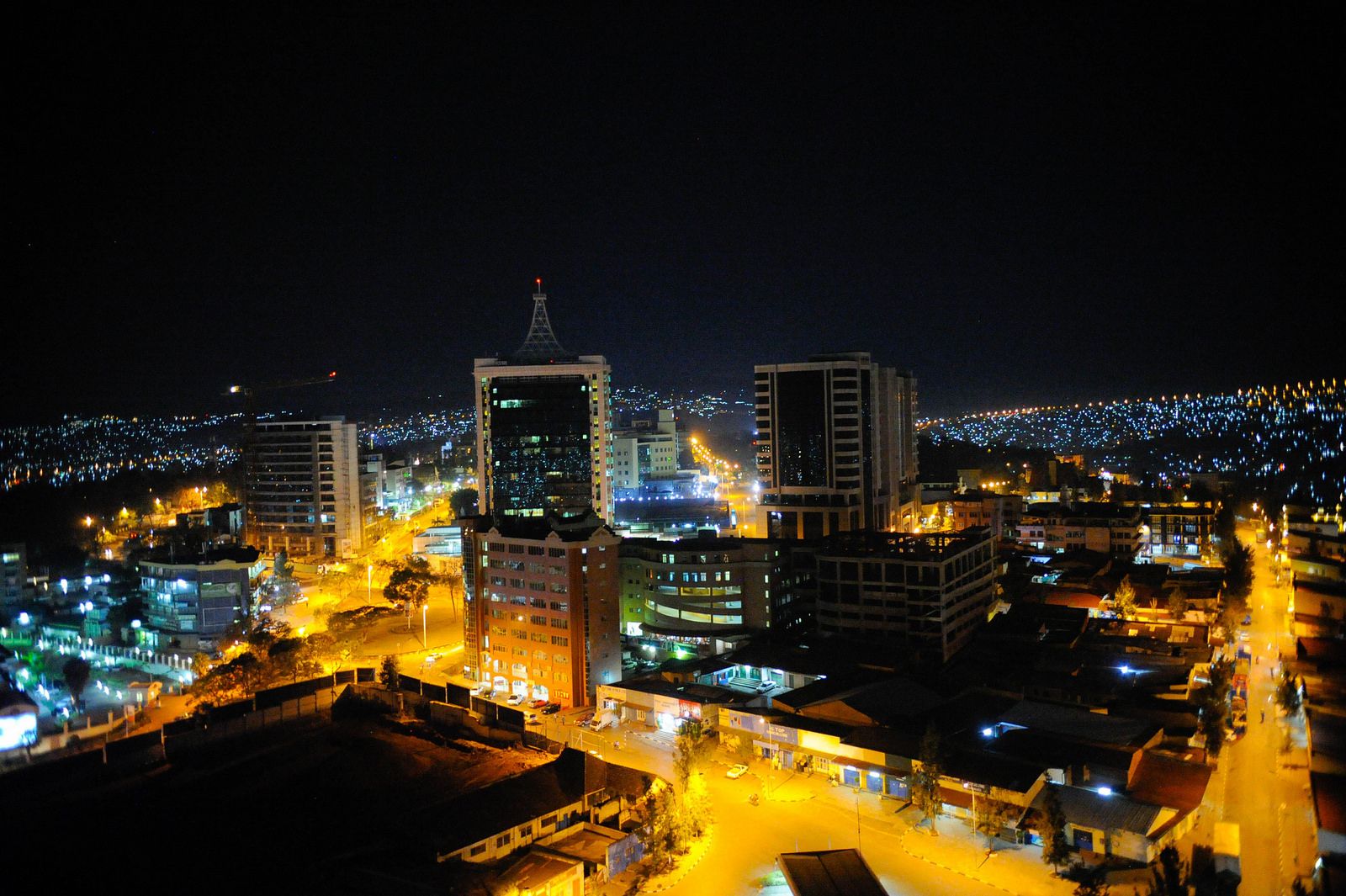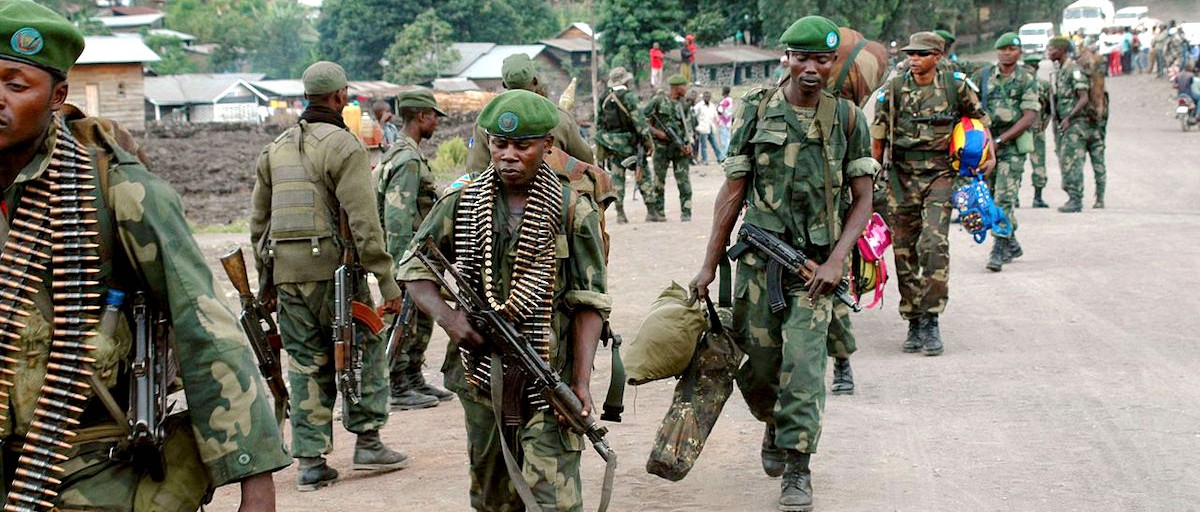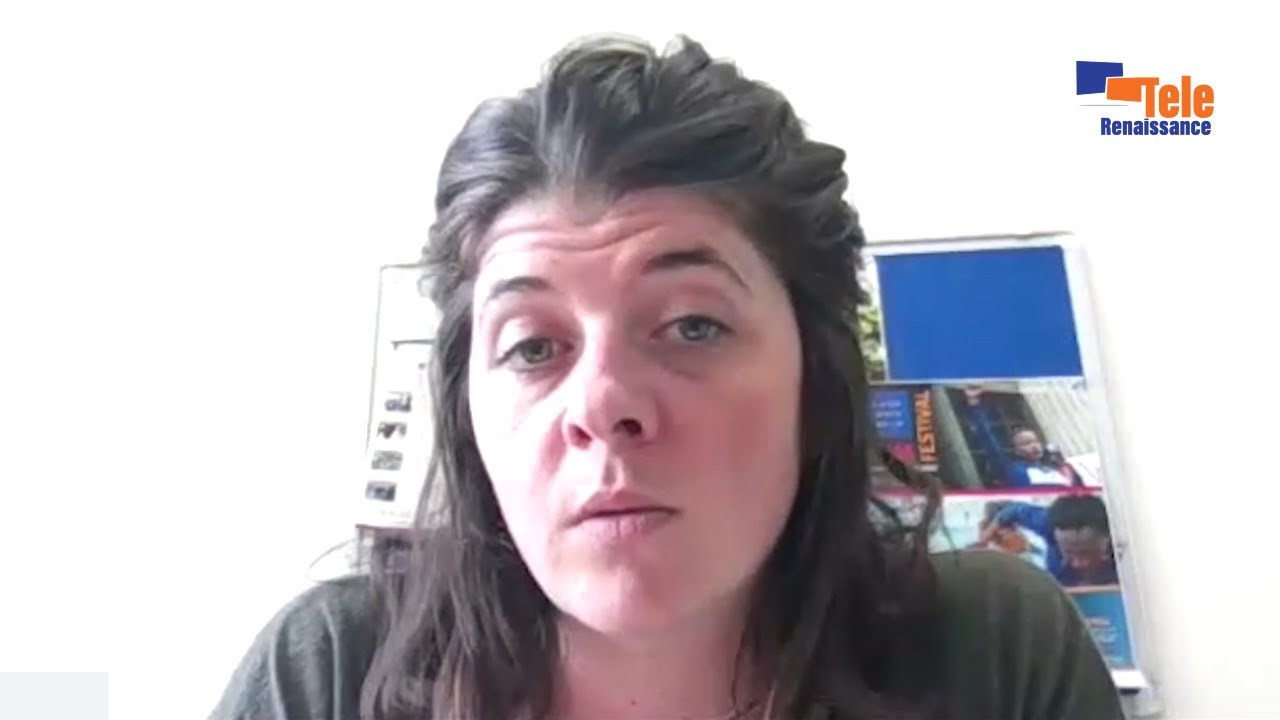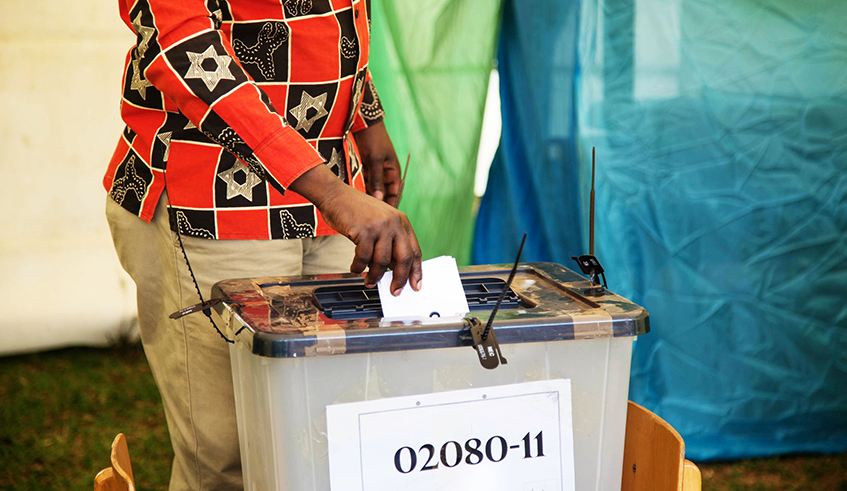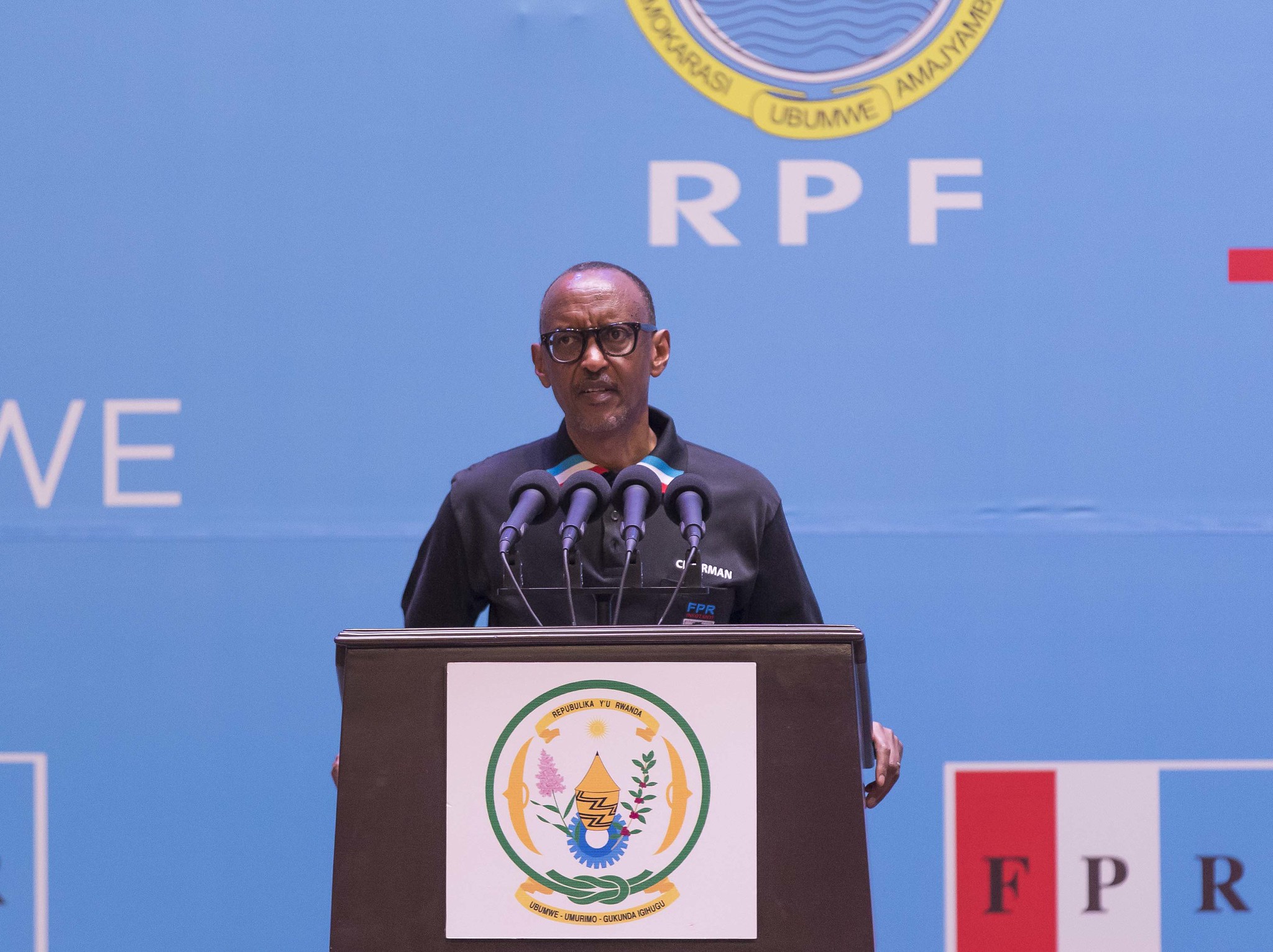Regional
Forbidden stories: A war to distort Rwanda’s good story
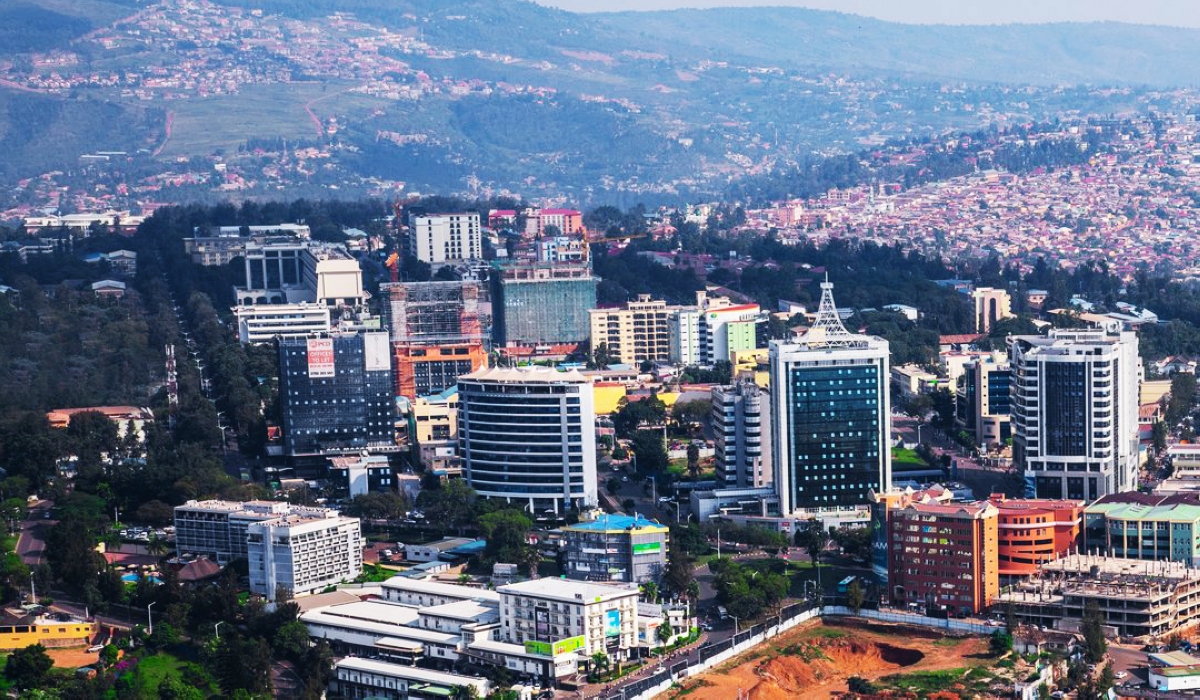
Kigali, the capital city of Rwanda.
It is
not a new story that Western journalists have for decades written and broadcast
stories that undermine the person of President Paul Kagame and Rwanda in
general.
The
alleged crimes that Rwanda under Kagame’s leadership is accused of include
human rights violations, lack of political space and freedom of expression, and
many more.
What
is new now is the large team of over 50 journalists from mainly Western media outlets
ganging together to attack Rwanda. Many believe that in the history of
journalism, this is the first ever Western media war against a country,
targeting its president.
The
attacks against Kagame and Rwanda are not new and the timing is always predictable.
With just one month to the general elections, the purpose of such attacks is
very clear.
Those
who attack Rwanda are not happy with the progress of the country under the
leadership of President Kagame, and therefore, wish to see a forced change in
government. If they tarnish the image of Kagame, the expectation is that
Rwandans will change their mind and stop voting him. The anti- Kagame Western
crusaders have their list of preferred presidential candidates they keep
promoting on their media platforms. They forget one thing. When it comes to
voting for the Rwandan president, only Rwandans have a say.
The
pattern of attacks against Rwanda come whenever a general election is about to
take place, or any other major event and development that highlights Rwanda as
a success story in terms of socio-politico-economic development.
Western
media have been at the forefront of trying to re-write the history of Rwanda
and distorting the image of a country that rose out of the ashes of the 1994
genocide against the Tutsi, to be one of the admired, well governed, and fast
developing country on the African continent.
In
2010, before the presidential election, the so called “UN Mapping report”
accusing Rwanda of committing atrocities in DRC started circulating in Western
media. The “UN Mapping Report” sacrificed truth and fairness to further a
political agenda. It is flawed in every manner; from its historical
interpretation to its methodology and evidence collection.
The
document which was not officially recognized as a UN report, was flawed in
every manner from its historical interpretation to its methodology and
collection of evidence.
In
2017, the British Broadcasting Corporation (BBC) broadcast the infamous film
known as, “Rwanda’s Untold Story” by Jane Corbin, which intended to re-write
the history, by portraying Kagame and the RPF who stopped the genocide against
the Tutsi, as the cause of the genocide.
In
short, the heroes who stopped the genocide against the Tutsi would be turned
into villains, and the genocide's masterminds portrayed as the heroes. The
documentary was an outright example of genocide revisionism aimed at aiding the
last stage of genocide, denial.
The
series of attacks that the over 50 mainly Western journalists are unleashing on
Rwanda, are nothing new. They are recycling old stories with accusations that
lack credible evidence and using anti-Rwanda elements as their sources.
They
“investigate”, accuse, and prosecute contrary to journalistic ethics. The forbidden stories are a paid up job with
a cash prize of USD 2 million to the journalists to degrade Rwanda's
"growing positive image" on the global stage. The anti-Rwanda
crusaders believe that their efforts will lead to sanctions and isolation of
Kagame and his government.
The
forbidden stories is evidence that in the Western world, journalism is dead as
journalists are driven by greed and are used as mercenaries for hire to
accomplish a politically motivated agenda against Rwanda.
According
to a survey conducted in 2015 by the European Commission, only 19 percent of
European respondents had high trust in the media. "lying press" is
not a new phenomenon in the west. Integrity, truth, fairness, balanced, as
cardinal principles of journalism have been sacrificed at the altar of personal
gains and ambitions.
However,
the truth is always stubborn and puts them to shame. Rwanda’s story is like a
city built on a hill which cannot be hidden from the view of people from near
and afar. It would probably make some sense if the 50 journalists ganging
against Rwanda were from the African continent.
But
here are people who are far away, writing from the comfort of their offices
based mainly on rumors and hearsay. They are “white saviors” concerned about
“Africans being mistreated by their African leaders”. This is another form of
colonial mindset. Rwandans do not need white saviors to speak for them.
For
those familiar with Rwanda know that the more western critics attack Rwanda,
the more Rwandan people realize that there is something sinister, and instead
of seeing president Kagame as a bad leader, they realize how blessed they are
to have a rare and pragmatic leader the country has never had before.
To
quote president Kagame’s own words, “A history written in blood cannot be
erased by lies written in ink.”



